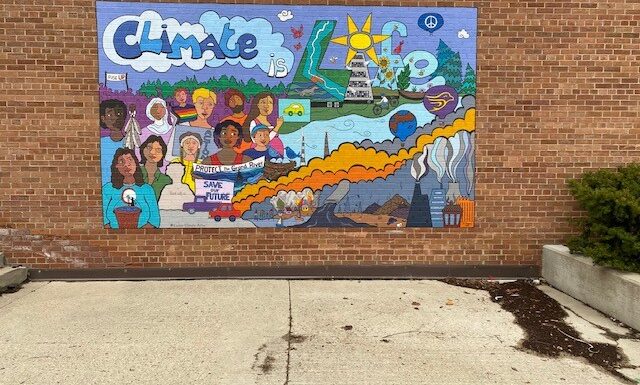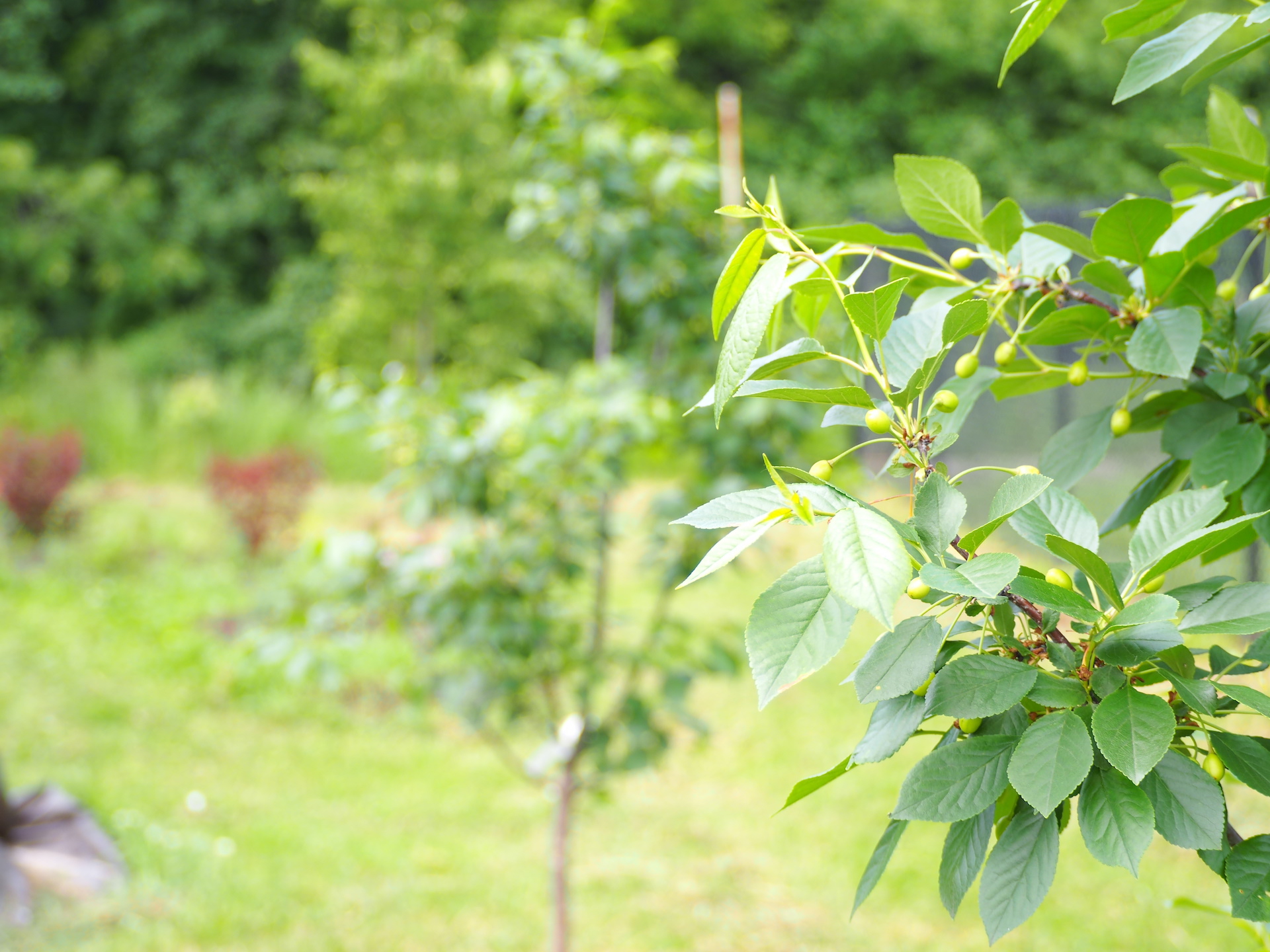Sustainable Hawk Fund Program

Projects Sponsor
Big Plan on Campus: Wilfrid Laurier University’s Sustainable Hawk Fund Program helps build a culture of sustainability.
Investing in the considerable entrepreneurial and community spirit found on Wilfrid Laurier University’s Brantford, Kitchener, and Waterloo campuses was always bound to pay off. It’s the kind of venture that can only benefit Laurier students, faculty, staff, the local communities and the environment, so, everyone.
Understanding that there were students, staff, and faculty at the Ontario university who were ready to take their sustainability ideas to the next phase, the Sustainability Office at Laurier wanted to fill a gap. What was needed was a mechanism to fund the many practical and creative manifestations of the high ideals to be found on Laurier campuses. They wanted a way to facilitate the integration of sustainability practices into all aspects of student life at Laurier and that is exactly what the Sustainable Hawk Fund (SHF) program is designed to do.
The SHF program is mandated to enable members of the Laurier community to transform their sustainability ideas into action. Over the past several years, the SHF program has been a key focus of the Sustainability Office. The ability for the Office to provide funds to Laurier affiliated groups or individuals helps establish long-lasting relationships with faculties, local community groups, other departments, and student groups.
The goal of the SHF program is to fund sustainability-related or focused projects that will benefit the Laurier Community in order to build a culture of true sustainability on the campuses.
This of course requires a truly holistic approach. Thus, the impact of the SHF program reaches well beyond the “infrastructural” improvements in sustainability and addresses concerns with affordability and social well-being. For example, the Menstrual Equity project conducted Brantford and Waterloo workshops to educate students on alternatives to traditional menstrual products that are environmentally wasteful. It provided Laurier students with the opportunity to learn about Diva Cups, network with others, and receive their own Diva Cup. In the end 200+ free products were distributed and the workshops had full attendance.

Launching the SHF program involved far more, of course, than hanging out a shingle. The Sustainability Office conducted research within the AASHE (the Association for the Advancement of Sustainability in Higher Education) Network. This included attending workshops and presentations provided by other members. In addition to the AASHE network, the Sustainability Office team conducted research on “Green Revolving Funds,” and adapted that model to fit within the SHF program parameters. Lastly, research from Green Dragons UK Ryerson’s Social Venture Zone were also utilized. All of these resources led the Sustainability Office to consult with the Sustainable Campus Committee to determine how to structure the SHF program.
Now in operation since 2015, with modifications every funding cycle, the SHF program has a very effective process. In the planning stages of each funding cycle, the Sustainability Office takes the opportunity to promote the fund to departments, student groups, and to the wider-Laurier community. Then comes the application period, judging round, and project implementation.
A Sustainable Campus Committee––comprised of several campus partners who help review the project pitches and select the applicants who will be funded––is responsible for helping the projects achieve key milestones.
To date, the SHF program has approved thirty-eight projects to be funded––ranging from business ventures to social/environmental justice projects. As of July 2021, twenty-seven of those projects have been completed, $63,575 in funding has been dispersed and the results showcase the ingenuity of the Laurier community and the University’s commitment to climate action.

Ventures such as LASTXX Apparel––a program that sees recycled plastic water bottles transformed into clothing items––have received consistent years of SHF program funding. With the help of the fund, EarthSuds––a venture which aims to sell a substitute for travel toiletries that is free from plastic packaging––is making “good to go” good.
The long-lasting impact of these projects can result in a physical change, or a behavior change, on the Laurier campuses and well beyond.
What’s being learned and achieved through SHF program funded projects will have a ripple effect outside of the University, as many will apply their knowledge and passion further afield. The Laurier Sustainable Hawk Fund program is offering a more sustainable campus and giving a highly transferable credit where it’s most due.













